Earthly Terrors
Horror is an international concept.
Every community in every country on every corner of the Earth learns to be scared of something, whether it’s shadow people, swamps, forests, abandoned houses, or even that someone will eventually legislate your death. It’s one of the few things that unifies us as a species–everyone has something they’re scared of. Horror from other countries is something people should read more, too. Not only does it give you an insight into cultures you might not experience otherwise, it can allow for viewpoints outside your own, voices and perspectives not normally heard through the normal channels, and grant access to writing methods and literary traditions outside what might be considered “the norm.”
There’s some amazing horror out there that’s recently been translated into English, so we thought we’d offer a starter selection of nine titles from around the world to start you off right.
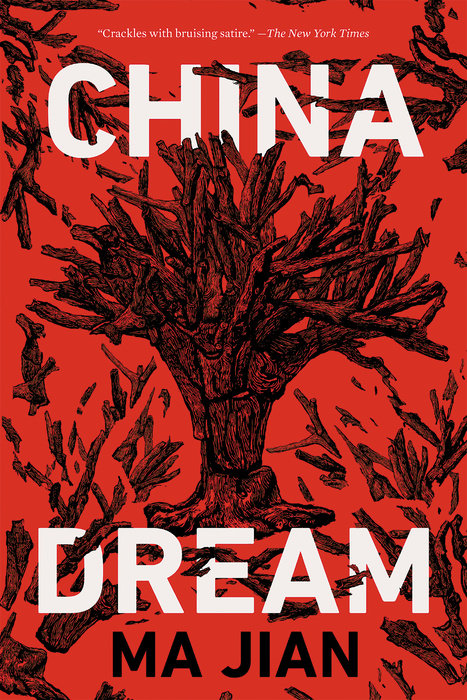
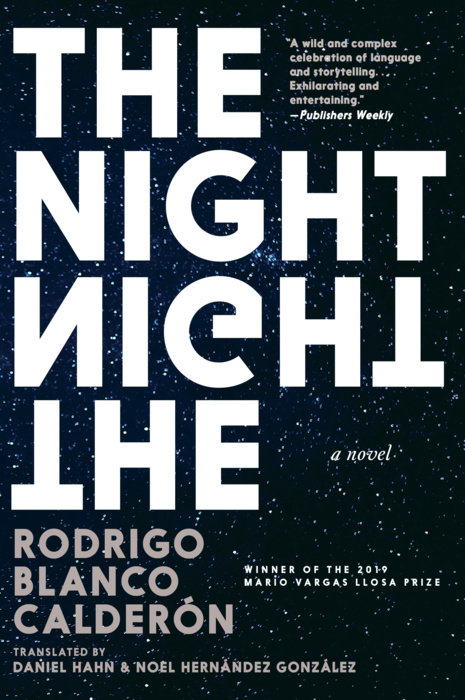
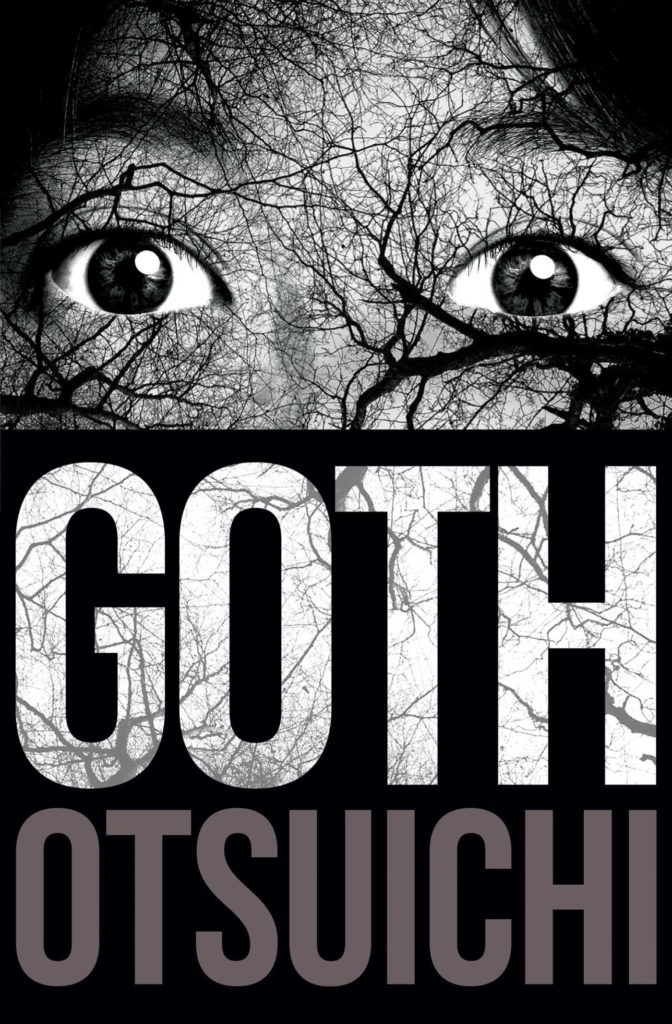
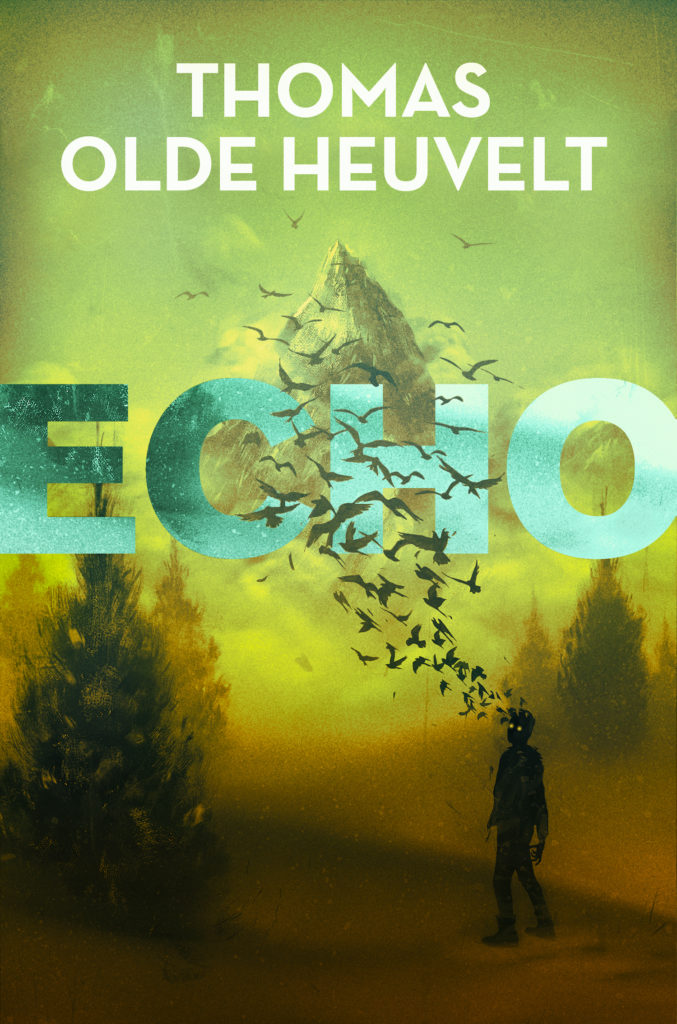
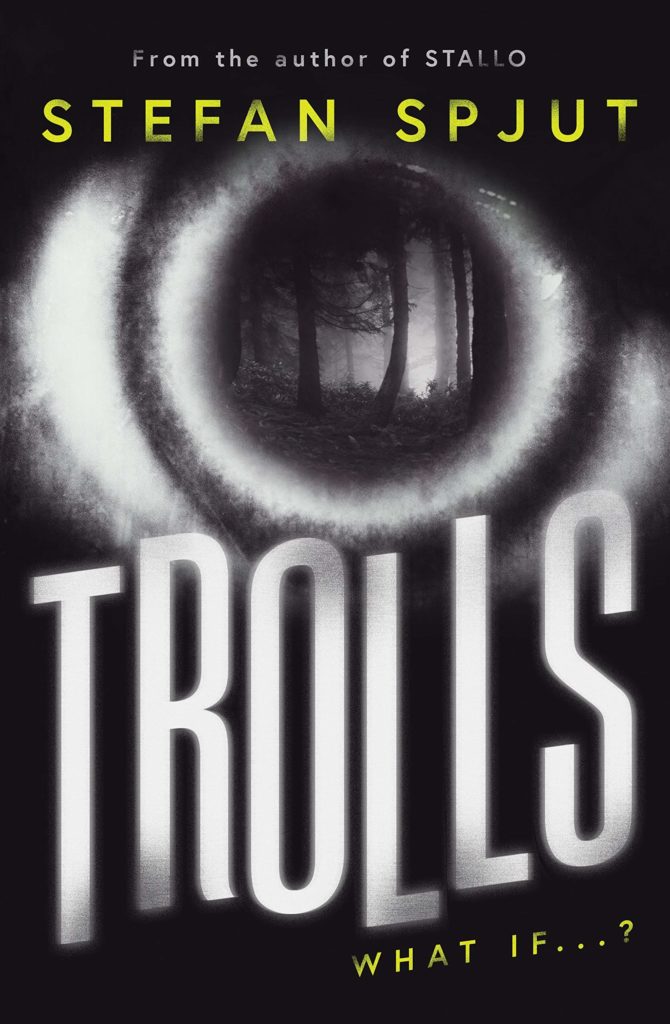
Trolls, Stefan Spjut (translated by Agnes Broome)
A decade after her harrowing confrontation with a horrifying cult leader, Susso Myren lives an isolated existence. But all that changes when Lennart, the cult leader, breaks out of a mental hospital and comes looking for the woman who slipped her grasp. All around, people have unusual encounters with animals, ranging from a squirrel who seems obsessed with Susso to a strange wolf that seems sapient. Slowly, a conflict emerges between the cult, Susso’s family and friends, and the strange shapeshifters of the forest, monstrous creatures able to take the forms of animals to hide among humans.
It’s a book full of twisted violence and dark humor, but Spjut’s greatest strength isn’t how surreal everything is. Instead, it’s the way he depicts trauma and the lasting scars of what happens to the people swept up in tragedy, from the researcher who’s losing his mind due to his memory being edited, to Susso herself as she attempts to rebuild her life far away from Lennart.
Apple | Bookshop | Amazon | Barnes & Noble | IndieBound
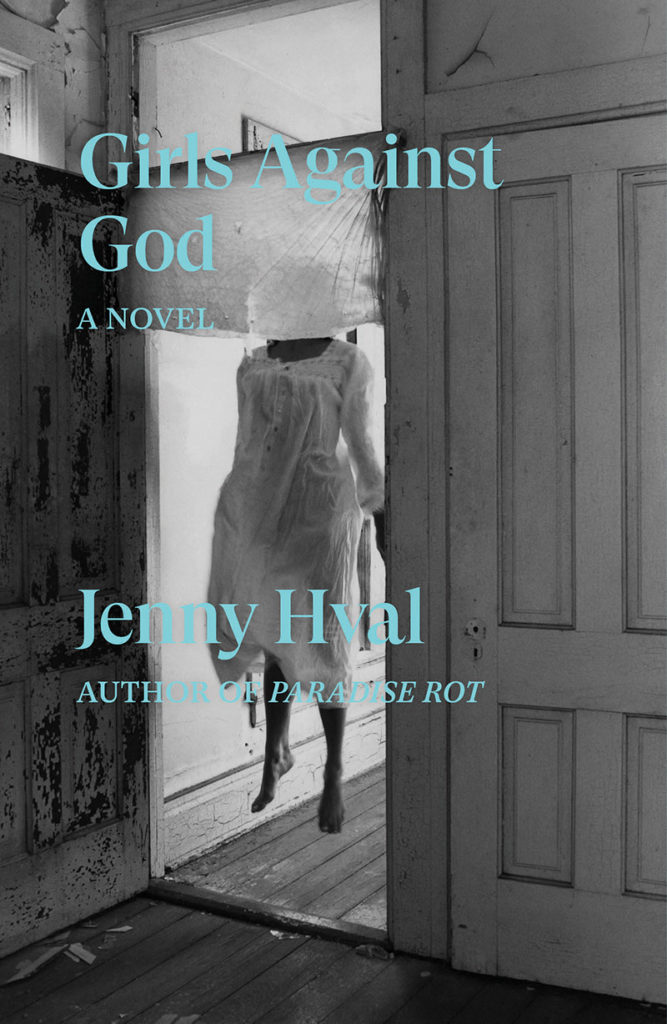
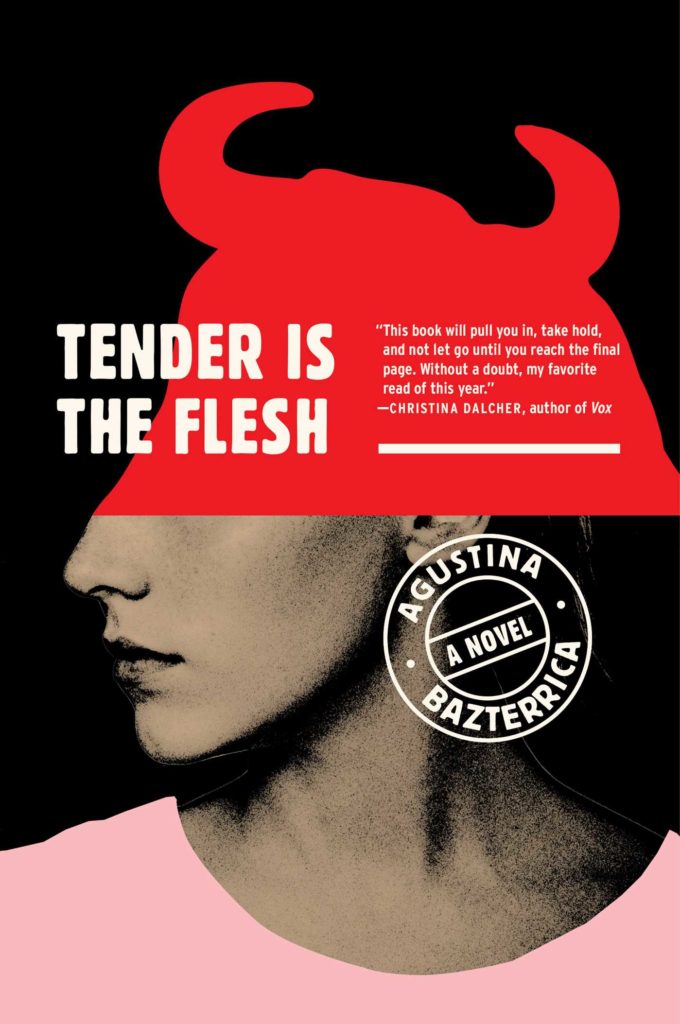
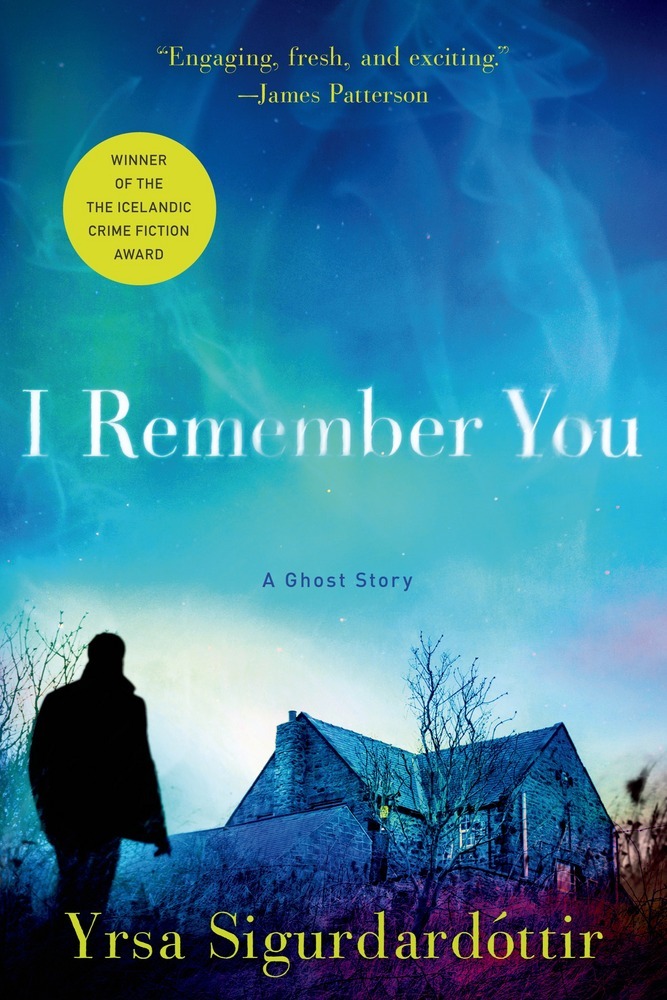
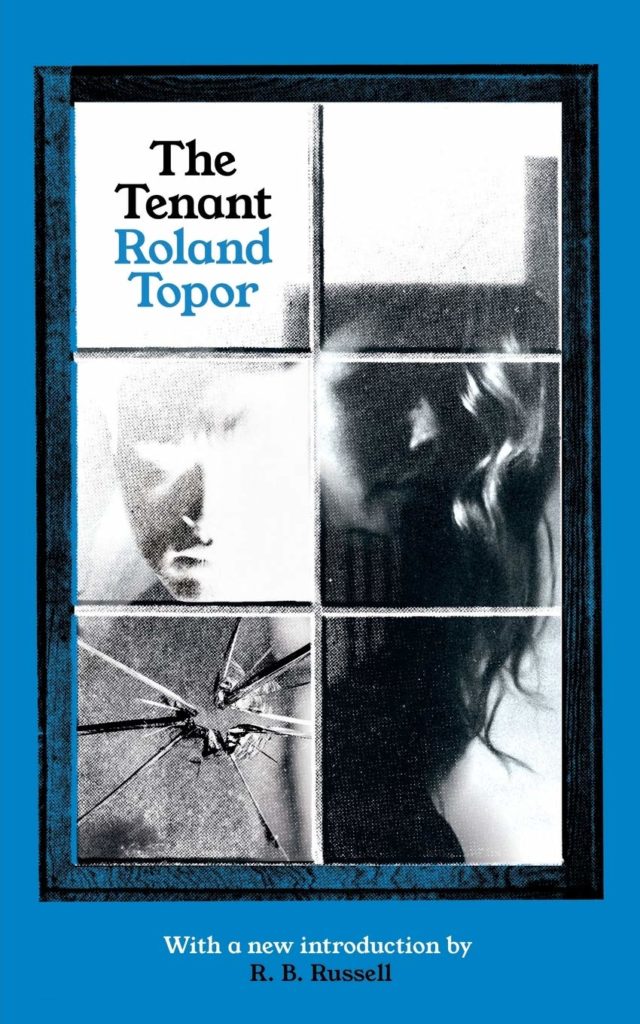




One thought on “Earthly Terrors: 9 International Novels of Translated Horror”